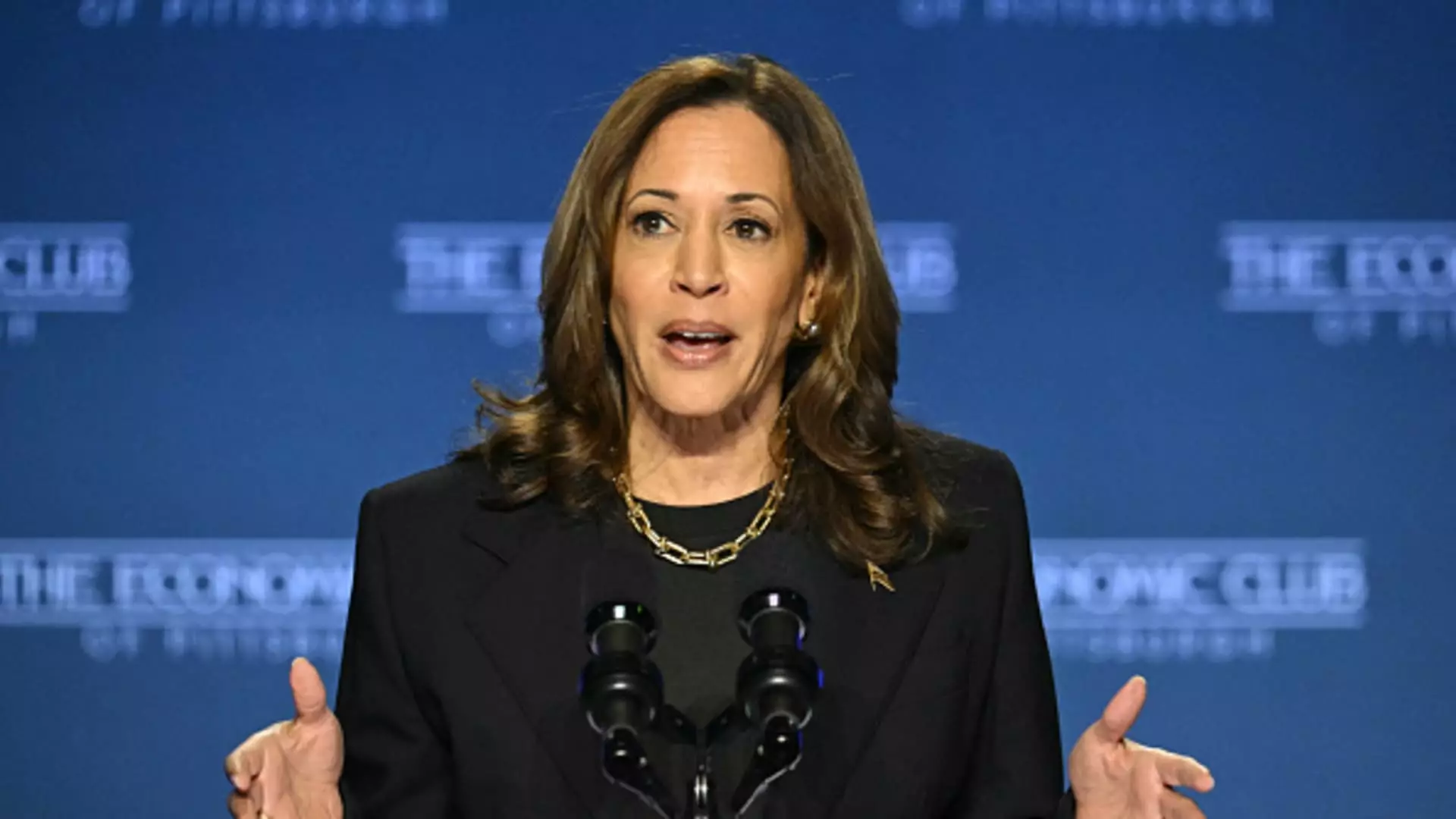A recent survey conducted by UBS has shed light on the voting intentions of millionaire investors as the upcoming election approaches. Despite a notable preference for former President Donald Trump regarding economic policies, a significant portion of these millionaires indicates they will support current Vice President Kamala Harris. This paradox reflects broader electoral complexities where economic performance intersects with personal and political ideologies.
The survey reveals that 57% of investors with a net worth exceeding $1 million plan to vote for Harris, whereas 43% support Trump. Notably, this support isn’t uniform across party lines; Harris has the backing of 91% of Democratic millionaire investors but only 12% of Republican counterparts. Conversely, Trump enjoys overwhelming support from 88% of Republican investors, with minimal support from Democrats at 9%. This divide illustrates how partisan allegiance often supersedes economic assessments, revealing a potential rift in how personal finances influence broader political choices.
Economic issues emerge as the top concern for these millionaire investors, with 84% citing it as the critical factor influencing their votes. Social Security, taxes, and immigration follow closely behind in their priorities. Interestingly, while the majority favors Harris, they rate Trump slightly higher in terms of economic and tax management capabilities. This ambivalence suggests a nuanced perspective among wealthy investors, who recognize Trump’s fiscal approach may resonate more favorably despite their political preferences.
When asked who is better suited to navigate economic challenges, a near tie emerged—51% favored Trump while 49% leaned towards Harris. This slim margin could influence the campaign strategies of both candidates as they seek to appeal to this influential demographic. Trump’s advocacy for retaining the tax cuts initiated in 2017 contrasts sharply with Harris’s proposals, which include curtailing these cuts for high earners and introducing increased taxation on wealthier individuals and corporations. This divergence in tax policy could play a decisive role in shaping the financial future of these investors, especially in a highly interconnected economic landscape.
Investor Confidence and Market Outlook
Despite their mixed feelings about the candidates’ economic aptitude, investors display a robust sense of confidence regarding the economy. The survey indicates that 55% feel highly optimistic about economic conditions, a notable increase from 43% during the turbulent climate of the 2020 election cycle marked by the COVID-19 pandemic. Additionally, over three-quarters of investors anticipate favorable portfolio returns within the next six months, regardless of election outcomes. This optimism underlines a resilience in millionaire investors who are seemingly undeterred by electoral uncertainties.
With regards to future investment strategies, millionaire investors are prepared to adjust their portfolios based on the election results. Should Trump secure a victory, sectors such as defense and energy are expected to gain traction; conversely, a Harris administration may favor healthcare, sustainable investing, and technology stocks. This proactive stance highlights the adaptability of wealthy investors who anticipate electoral outcomes will have substantial impacts on market dynamics.
While millionaire investors are leaning towards Harris in the upcoming election, their economic preferences still favor Trump. This duality underscores the complexities of their voting decisions, driven by both political affiliations and economic performance evaluations. Ultimately, the forthcoming election will significantly influence investment strategies, illustrating the intertwined nature of politics and finance.


Leave a Reply